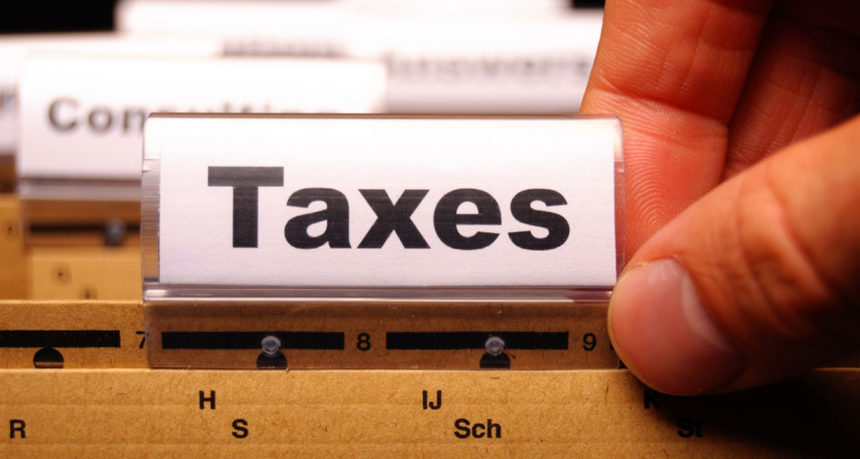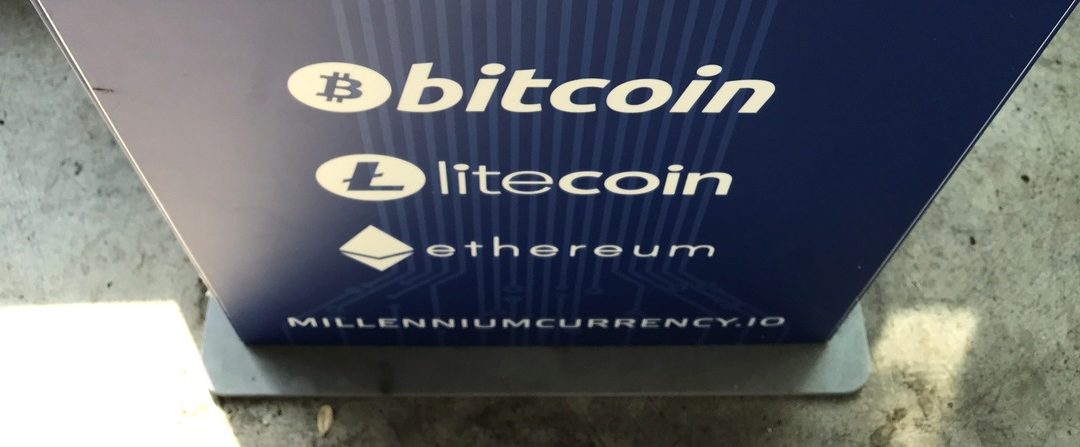THIS ARTICLE WAS ORIGINALLY PUBLISHED IN NEW TELEGRAPH NEWSPAPER ON JULY 19, 2019
Technology experts in Nigeria are displeased with the country’s stance on cryptocurrency and the underlying blockchain technology. However, government seems to be taking some steps towards adoption, albeit slowly. SAMSON AKINTARO reports
The reality of technological disruptions is reflecting in every sector of the global economy. Today, virtual or digital currency, popularly known as cryptocurrecincy has become another disruptive factor in the financial system, as it breaks national barriers to become a global means of exchange in physical and virtual world.
While some countries see the advent of blockchain technology and cryptocurrencies as a threat, others see a potential in the technology behind it and are developing a cryptocurrency-friendly regulatory regime as a means to attract investment in technology companies that excel in this sector. Countries such as Spain, Belarus, the Cayman Islands, and Luxemburg fall into this category. Other countries such as Marshall Islands, Venezuela, the Eastern Caribbean Central Bank (ECCB) member states, and Lithuania, have gone further by developing their own system of cryptocurrencies.
However, in Nigeria, there is currently no direction as to what the country would do with cryptocurrency, even though many Nigerians are investing and trading in various digital currencies. Government’s response to the trending digital currencies embrace had been a rebuttal and warning to Nigerians against involvement.
Counting the loss
Nigeria is said to be losing billions of naira yearly due to government’s apathy towards digital currency. According to industry experts, some foreign investors in the country are now repatriating funds from the country through cryptocurrencies, thus bypassing the normal repatriation process and denying the country of taxes.
However, to avoid the current losses and develop the economy the blockchain technology, stakeholders said the Nigerian government must begin to show serious interest. They added that rather than discouraging Nigerians from participating in the global currency market, the CBN should be conducting research on digital currencies to know how it will participate or regulate it like other countries of the world are currently doing.
According to the President of Stakeholders in Blockchain Technology Association of Nigeria (SIBAN) Mr Paul Ezeafulukwe, the government needs to sit down with the experts to get understanding of how the blockchain technology can help the economy. “I expect that by now, the government should have pushed the private sector to form a stable coin, which the country can use in place of dollars. We can only have dollar as our reserve, but we can use stable coins to give to our traders who go to China, America and Europe to trade. And over time, we can back it up by oil or we can even back it up by gold we can back it up by so many currencies, all those are possibilities on the blockchain technology,” he said.
Blockchain for governance
Beyond the digital currencies, industry experts said Nigeria has a lot to gain by deploying blockchain technology for governance. According to the Chief Executive Officer of Kure Holdings, Mr Tega Abikure, adoption of blockchain technology could help the country put an end to tax and election frauds. “It is completely transparent and cannot be changed; it can be used to create a decentralised system of payment where the tax payer had an unhindered access to the collector, which is the government. It enhances revenue collection and removes the challenges of remittances, everything becomes easy when it is brought to the blockchain infrastructure,” he said. According to him, the technology addresses complexities in governance and administrative systems, as it is essentially a decentralised transaction ledger in which digital information can be distributed and viewed but not copied or altered.
Cautious wait
However, the Director General of National Technology Development Agency (NITDA) Dr Isa Panatami, said Nigeria would not be rushing to use the technology just because other countries have been using it. Nigeria, he pointed out, still have challenges with cybercrime and infrastructure, which if not addressed before jumping into the new fray, could cause problem.
“Sometimes, if you say you just go to new technology, there are many risks attached to it. So, it is better for us to study the situation and see what we can do. It is necessary for each country to study technology in relation to their peculiar challenges. The challenges of Europe may not be the same with that of Africa and the challenges of Africa may not be the same with that of South America, North America or Asia. We have challenges with regards to infrastructure, cybercrimes and awareness, particularly for those that are old in the civil service,” he said.
Plans for regulation
The IT regulatory agency boss disclosed that when the issue of blockchain came up in July last year, government set up an Advisory Forum comprising the Central Bank of Nigeria (CBN), Securities and Exchange Commission (SEC) and NITDA to work out strategies. He said the forum, which had since commenced work now have demarcated assignments, which each of the regulatory body is currently working on.
“NITDA is to focus on guidelines and policies for blockchain technology adoption in private and public sector, while the CBN is to come up with the policies and guidelines on the financial transactions,” Panatami said. “SEC is to come up with strategies on how to manage the platform. In addition, FIRS is to come up with a strategy on how to tax the transactions and at which stage it should be taxed. We are still working on that”.
Pantami admitted that the technology could save government a lot of money and lead to efficiency and transparency in the system. “Blockchain technology could be very effective, but we are trying to avoid a situation where we will only see technology in advanced countries and just adopt it without looking at the pros and cons. We know we have our peculiar challenges,” he added.
Also speaking on plans to regulate cryptocurrencies, the Acting Director-General of the Securities and Exchange Commission (SEC), Mary Uduk, said the Capital Market Committee had set up a Fintech committee, which would also work out regulation for digital currencies. “We know that crypto assets are volatile unlike ordinary assets. Since January 2017, we have been asking investors to be vigilant when it comes to that area. We don’t want to get in the way on innovation. Regulators across the globe are paying attention to what is happening in this sphere,” she said.
The SEC DG disclosed that there is also an inter-agency committee on virtual currencies on which the SEC is working with other market operators, adding that in no distant time, the SEC would come up with regulations on crypto currencies.
Last line
Beyond the digital currencies, blockchain technology has become economic growth enabler driving every sector in countries that have embraced it. Nigeria cannot afford to miss the huge benefits inherent in this technology that offers transparency and aids good governance.



Recent Comments